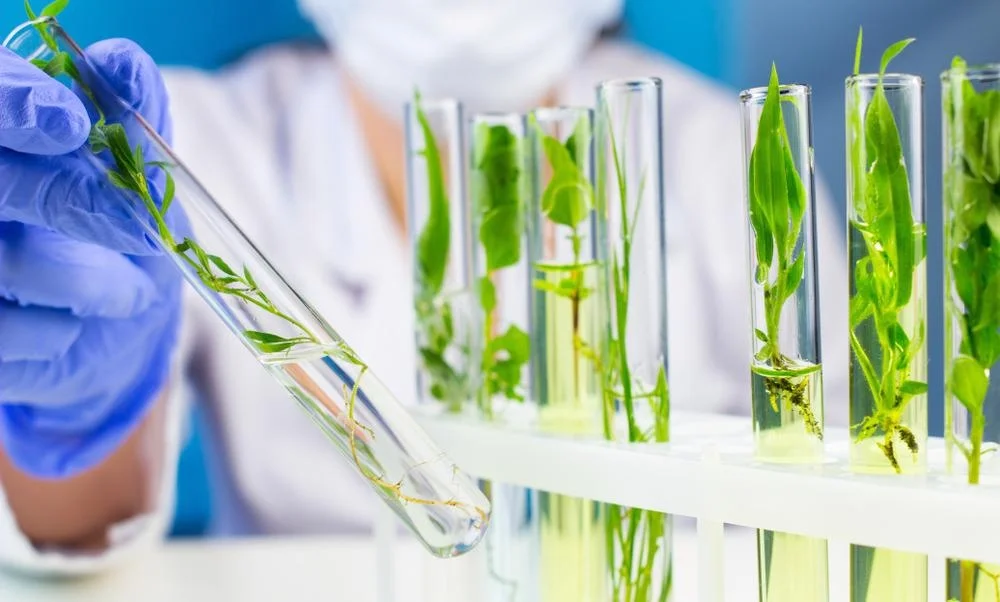
A Biotechnology course is an educational program designed to provide students with a comprehensive understanding of the principles, applications, and advancements in biotechnology, which involves the manipulation of living organisms or their components to develop products and processes that benefit society. Biotechnology has applications in various fields, including healthcare, agriculture, environmental science, and industrial manufacturing. The primary goal of a Biotechnology course is to prepare students for careers in biotechnology research, development, and innovation by equipping them with the knowledge, skills, and tools necessary to address complex challenges and opportunities in biotechnology.
The curriculum of a Biotechnology course typically covers a wide range of topics related to molecular biology, genetics, biochemistry, microbiology, and bioprocess engineering. Core subjects may include cell biology, molecular genetics, protein engineering, bioinformatics, bioreactor design, and bioproduction techniques. Students learn about the fundamentals of biotechnology, including genetic engineering, recombinant DNA technology, and synthetic biology, and how these techniques are applied to develop new drugs, vaccines, genetically modified organisms (GMOs), and bio-based products.
One of the key aspects of Biotechnology courses is their focus on practical application and hands-on experience. Students engage in laboratory experiments, research projects, and bioprocess simulations to apply their knowledge and skills in biotechnological techniques and methodologies. They learn how to culture cells, manipulate genes, analyze biomolecules, and optimize bioproduction processes to develop innovative biotechnological solutions to address societal needs and challenges.
Biotechnology courses also focus on developing students’ understanding of ethical, legal, and social implications (ELSI) of biotechnology. Students learn about the ethical considerations surrounding biotechnological research and development, including issues related to genetic modification, cloning, stem cell research, and biosecurity. They also learn about regulatory frameworks and intellectual property rights governing biotechnology innovations and how to navigate ethical and legal challenges in biotechnological research and entrepreneurship.
Many Biotechnology courses incorporate discussions on emerging trends and advancements in biotechnology, such as gene editing technologies (e.g., CRISPR-Cas9), synthetic biology applications, personalized medicine, and bioinformatics-driven drug discovery. These topics help students stay abreast of the latest developments in the field and prepare them to leverage new technologies and approaches to address pressing global health, environmental, and societal challenges.
Biotechnology courses may be offered at various academic levels, including undergraduate, graduate, and professional development programs. They may be part of broader degree programs such as Bachelor of Science in Biotechnology, Master of Science in Biotechnology, or Doctor of Philosophy (Ph.D.) in Biotechnology, or standalone courses or certificate programs focused specifically on Biotechnology.
Upon completion of a Biotechnology course, graduates have a wide range of career opportunities available to them in various sectors of the biotechnology industry. They may pursue roles such as biotechnologist, research scientist, bioprocess engineer, bioinformatics specialist, regulatory affairs manager, or biotechnology entrepreneur in pharmaceutical companies, biotechnology startups, research institutions, government agencies, and non-profit organizations.
